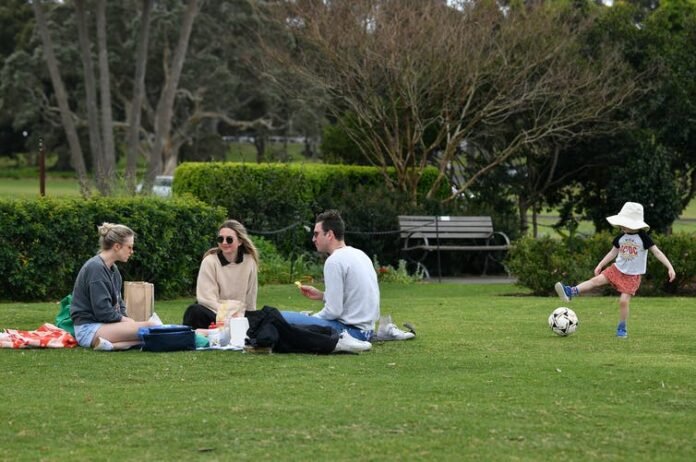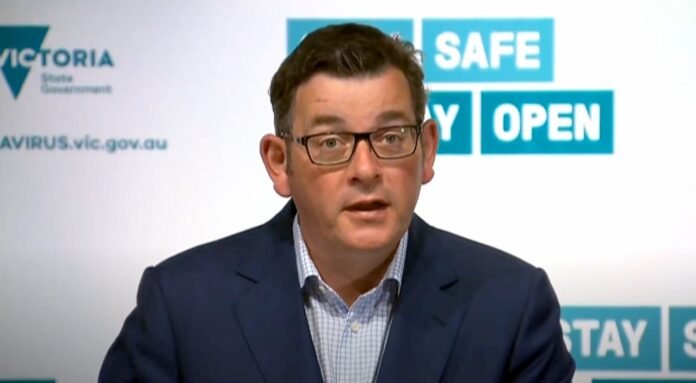Australia’s most prominent Catholic figure, Cardinal George Pell, loses his appeal against his conviction over sexual offences against two choir boys in Melbourne in the 1990s.
On the first ground – that the jury acted unreasonably in coming to a guilty verdict – the judges dismissed the appeal by a margin of two to one. Chief Justice Anne Ferguson, President of the Court of Appeal Justice Chris Maxwell found against Pell, while Justice Mark Weinberg agreed with Pell’s lawyers.
On the second and third grounds the judges dismissed the appeal unanimously.
Ferguson and Maxwell dismissed all 13 “obstacles” to Pell committing the crime that his lawyers had argued. They found there was nothing about the complainant’s evidence that meant the jury must have had a doubt about the account.
“It is not enough that the jury might have had a doubt, but they must have had a doubt,” Ferguson said.
“This was a compelling witness, clearly not a liar, not a fantasist and was a witness of truth.”
“They said the robes were too heavy to be manoeuvred for Pell to expose his penis. Not so,” said Ferguson. The three appellant judges held the robes and picked them up. Ferguson said: “The robes were not so heavy or immovable as [witnesses] Portelli and Potter suggested.”
Pell’s conviction
On 11 December 2018, Pell was convicted on five counts of child sexual abuse of two boys in the 1990s, after a jury returned a unanimous guilty verdict.
Evidence against Pell described wilful exposure, fondling, masturbation and oral rape. International news sources reported the conviction at the time, but the suppression order was generally respected by the Australian media.
News of Pell’s conviction was published in Australia on 26 February 2019 when the suppression order was lifted.
On 12 December 2018, the Vatican announced that Pell was one of three “more elderly” cardinals who were to leave the Pope’s Council of Cardinal Advisers after a five-year term.
Sentencing and appeal
Pell’s legal team lodged an appeal against his conviction. His bail was revoked on 27 February 2019 and he was taken into custody at Melbourne Assessment Prison.
The sentencing hearing on 13 March 2019 was broadcast live to the public, with Chief Judge Peter Kidd sentencing Pell to serve six years in jail with a non-parole period of three years and eight months. Pell was also registered as a sex offender.
On 27 May, Andre Awadalla, a spokesman for the Court of Appeal in Victoria, had told Australian Associated Press that the appeal application would not include an appeal for a reduced sentence if his conviction were to be upheld.[
The appeal was heard on 5–6 June 2019. Pell was represented by Bret Walker SC. Three grounds of appeal were lodged: that the verdict was unreasonable, that a visual aid on the locations of persons allegedly present had not been allowed in the closing address, and that Pell had not been allowed to lodge a plea of not guilty in front of the jury.
What is next for George Pell?
Pell can ask for special leave to appeal to the High Court. If the High Court denies permission, the matter is finalised; if granted, it will later render a final judgment.
Barring any successful appeal in the High Court, Pope Francis will probably expel Pell from the priesthood.
Pell will remain in jail to serve at least three years and eight months not to exceed six years.
He will likely have to face more suits for civil damages to be filed by the victims or their families.





